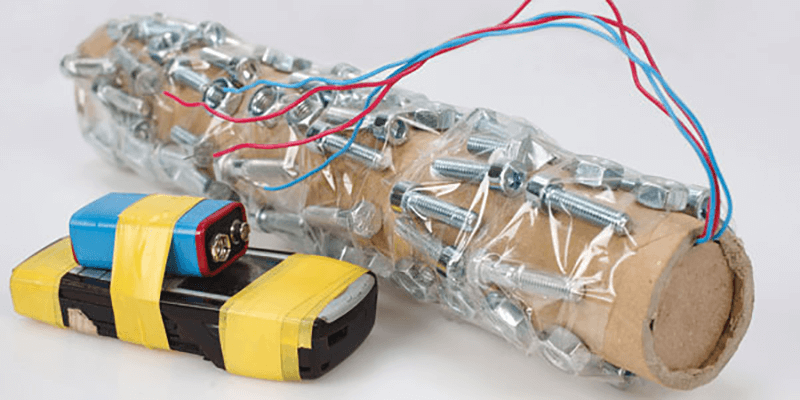Dubai Police Science and Criminology Laboratory has been praised as one of the best in the world, with around 520 technicians and support staff and 200 forensic experts. In 2016, the force unveiled its $100 million Forensic Science and Criminology building.

The new building includes classic forensic departments, such as: Forensic Biology and DNA, Chemistry, Toxicology, Trace Evidence, Explosives, Firearms and Tool-marks, Questioned Documents, Digital Forensics, Fire Investigation, and Fingerprint Recovery and Comparison, together with the Crime Scene and Criminology Departments.
Nine laboratories focus on providing high-tech backup to police investigations and include testing of DNA, toxicology, firearms, fingerprints, fire debris and document analysis. Lisa Dunn was employed in this department as a Consultant for six years, alongside Senior Expert, Hamda Ali Sultan Al Obaidly.
Lisa, with over 15 years’ experience as an analytical chemist with particular regard to the use, examination and analysis of explosives and explosives-related paraphernalia, was responsible for the development of the department’s forensic explosives investigation capability. Specifically, to develop methods for the analysis of bulk quantities of explosives and to identify traces of explosives that were not visible to the naked eye.





